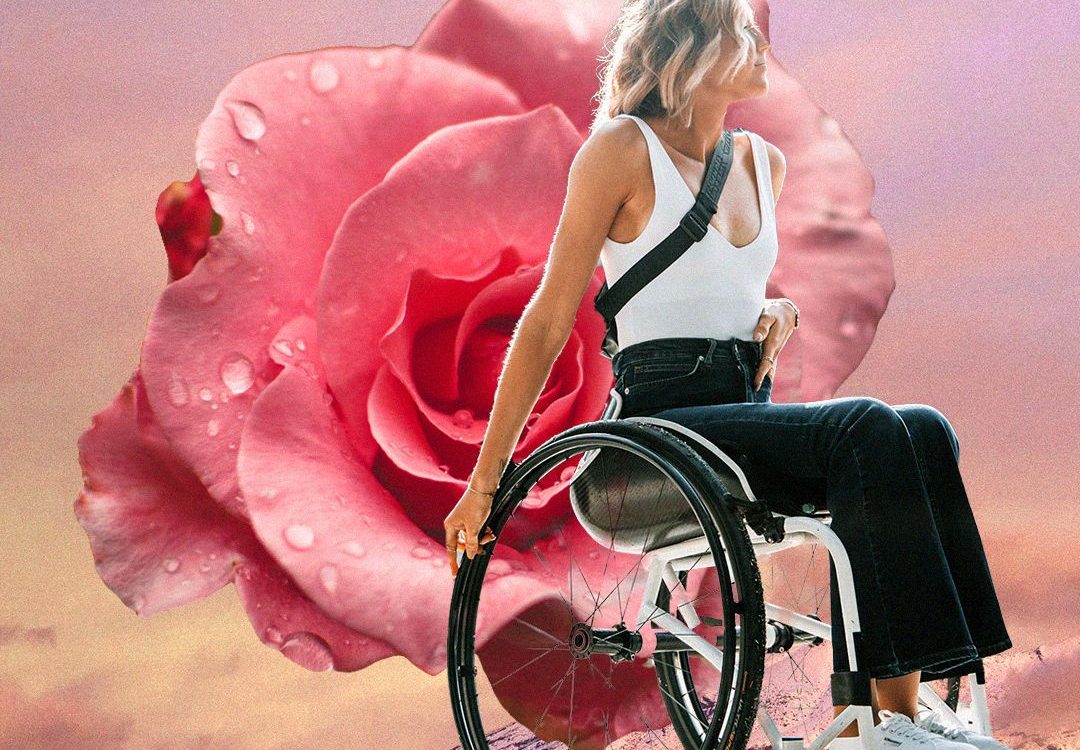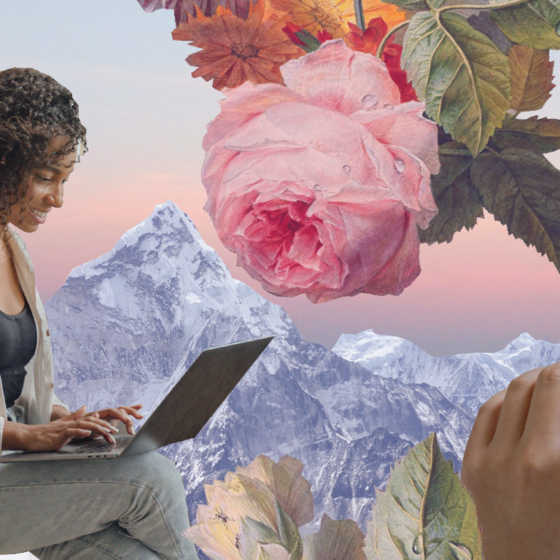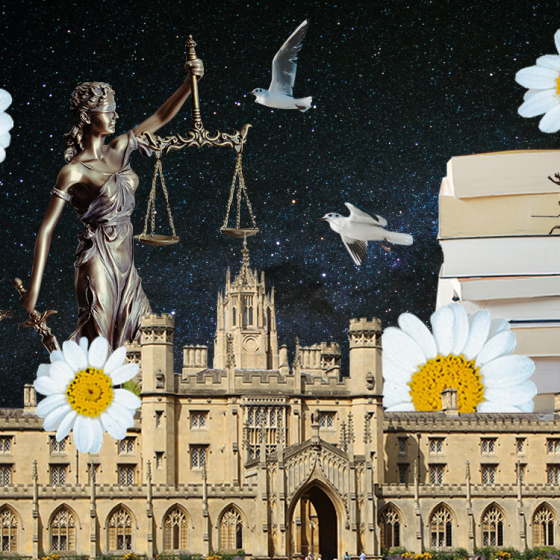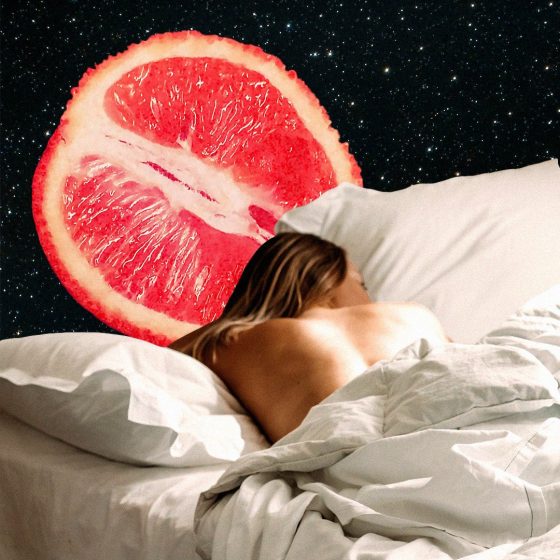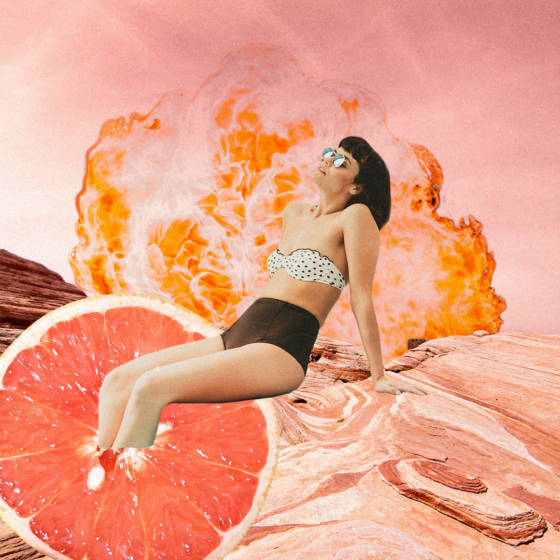When my last relationship came to an end, one of the primary reasons was their inability to deal with my disability.
The words spoken during their dumping explanation gave credence to a fear I’ve wrestled with for most of life: partners cannot love me with my disability, they can only love me in spite of it.
That single conversation shattered my self-esteem. In previous relationships, I had kept my health separate from romance—I saw it as a corrupting force—but I opened up when my ex pushed because they felt my reluctance to share what was impinging on our intimacy. In hindsight, I now see I breached my boundaries for their comfort and for their benefit, without regard for mine.
In the aftermath of the break up, I confronted my internalized ableism—disabled people are not sexual, a partner also needs to be my carer, I could not be an equal partner, etc.—as well as deconstructing the belief that my disability made me less worthy of love. It was going well until a story broke about BBC journalist Lucy Webster being rejected by a dating agency for being disabled.
The news spread despair and fury amongst the disabled community, which makes up one billion people globally, or 1 in 4 American adults. Lucy’s experience exacerbated a fear many disabled people live with every single day: romantic love is not for us.
Disabled people are not given the same romantic role models as non-disabled folks, so we often grow up in environments that desexualize, patronize, or infantilize us. And, when we do start dating, we’re inundated with creepy questions about our ability to have sex.
“Disabled people grow up in environments where they are viewed as asexual and discounted in the dating game,” explained clinical and health psychologist Dr. Kaley Roosen. “Their exposure to disabled people dating, sadly, can be limited to ‘special documentaries’ or reality television.”
Disabled people are not given the same romantic role models as non-disabled folks, so we often grow up in environments that desexualize, patronize, or infantilize us
The impact on our self-confidence can be catastrophic because we internalize the belief that we are undesirable. “I have seen a number of clients who develop disordered eating in response to ableism while dating, in the hopes that achieving a skinny body will help them to compensate for their disability,” added Dr. Roosen. “I have also worked with clients who engage in drug or alcohol abuse while dating to help shelter them from rejection from others.”
Lisa, who has chronic fatigue syndrome and complex-PTSD, believes her past dating experiences were influenced by a desire to make herself more attractive to potential partners. “I countered ableism by being an extreme people pleaser and being kinder to them than other women were, so they would consider staying in the relationship longer,” she explained. “My hypersexuality was probably also a countermeasure to ableism.”
Even when we avoid overcompensating for our perceived lower romantic value, non-disabled people often assume that they will have to take on a caregiver role.
“There is often an assumption from non-disabled people that disabled people require an exorbitant amount of caregiving and that they will immediately be trapped in such a burdensome relationship,” explained Dr. Roosen. “Some disabled people require care and some do not. Some disabled people who do require care note that they also provide care to their able-bodied partner, but such emotional labor does not get recognized in the same way as physical caregiving.”
Even when the partner is not required to take on a caregiving role, it can get complicated. In one relationship, my partner often told me how much of a toll my conditions took on them and, as a result, I suppressed my symptoms and acquiesced to their way of handling it. They insisted on using a check-in system of asking incessant questions during my flare ups because it helped them feel useful. I despised it because their system took away precious energy I needed to manage my symptoms, but ended up surrendering to it when they said it made my conditions easier for them to handle.
Assumptions about the way we interact with others also affects our confidence. “It was always suggested that I have a mixed up relationship with the concept of pleasure and being unable to share this with others, whereas this is entirely incorrect,” explained freelance journalist Lydia Wilkins, who has Asperger’s and suspected dyscalculia. “I love to have fun as much as the next person!”
Internalized ableism can also devastate our ability to communicate our needs, especially because disabled people are often left out of relationships and sex education.
“A disabled individual who has internalized society’s message that they are undesirable or unlovable may feel indebted to their partner for being with them,” added Dr. Roosen. “This may create difficulties in assertiveness or expressing their emotional needs to their partner and could lead to situations ripe for abuse as the disabled person fears that they are lucky and they cannot ever find anyone else.”
To shield from domineering ‘caring’ behavior or to protect from ableism, some hide disabilities to fit the desires of a potential partner. Since the breakdown of my last relationship, I have struggled with being open about my status as a disabled person.
I do not want my experiences to dictate someone’s perspective of me and I never want to be subjected to ableism in a romantic setting again. Not talking about my disabilities, which are largely invisible, feels like the safest option, but by doing so, I am submitting to the stigma society places on disability.
We cannot eradicate ableism in dating without treating the ableist roots poisoning society’s view of disabled people, which typically portrays us as undateables
To counteract this fear, I keep a list of ableist red flags, like when my ex said they’d never date anyone in a wheelchair, but ableists can still sneak past my careful watch.
The pandemic has made dating disabled even harder. In the past, I’d wait until meeting someone to determine if it was safe to share my experiences, but now, with longer lead-times before a first date, I feel compelled to open up sooner, or I ditch them before things can get complicated.
While dating apps like Bumble are counteracting ableism with a new zero tolerance policy on body shaming, it is not enough. We cannot eradicate ableism in dating without treating the ableist roots poisoning society’s view of disabled people, which typically portrays us as undateables.
And until disabled love and sex is normalized, we will have to keep guarding our hearts against ableism. As Lydia said, “Disability is not a dirty word, and is multi faceted. Shame on anyone who thinks otherwise or that we are not worthy.”

